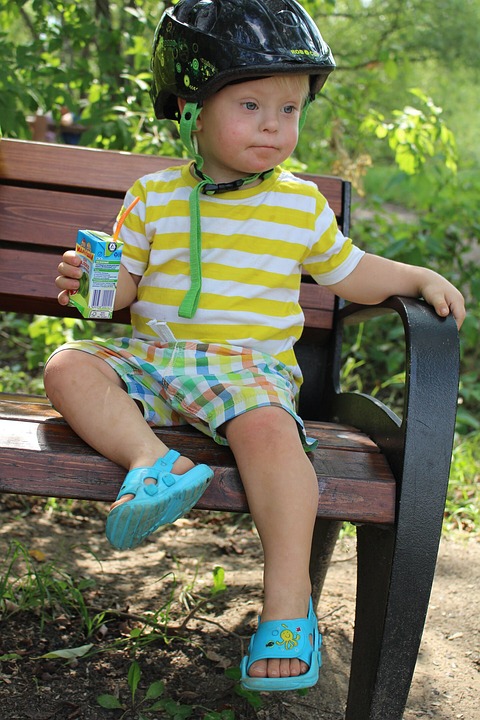
Did you know there is a broad spectrum of people living with different needs who require different levels of support? In essence, the term “special needs” implies a person who is living with a mental, emotional, or physical disability. People living with “special needs” may have problems with movement, communication, behavior, learning or emotional management. You may sometimes feel compelled to help them if they are struggling. Here are some helpful tips to make sure we can help their needs in the best way possible.
Provide encouragement
Living with a disability of any kind can mean life is a constant battle. We all know how adventurous and curious kids can be. From a young child’s point of view, non-disabled children may appear to possess superpowers, like the ability to climb up a tree, jump, or,make friends easily. What the majority of children take for granted is sometimes unimaginable for those with “special needs”.
With this in mind, we need to consider taking a different perspective to ensure “special needs” children receive the similar levels of praise. We should commend them when they perform a new skill, such as successfully learning how to do up buttons. These kids need to be continuously reminded they are wonderful and worthy of praise for their actions.
Decide on the right strategy
Depending on the nature of their disability, one has to learn the best possible way to manage their daily routine. Should a child suffer from dyslexia or APD (auditory processing disorder), a parent needs to be persistent and supportive. Behavioural issues require patience, flexibility, and innovation, while children with mental health issues need more frequent monitoring of their emotional state. There are different approaches for each condition, so it’s best to gather the right information and act accordingly.
Acquire special skills
Whether you are a parent or a teacher of people with “special needs”, its always a good idea to build your knowledge around these areas. Nowadays there are plenty of courses one can take in order to gain knowledge on how to help those in need. As previously stated, it’s difficult to provide the best care without having sufficient knowledge. Learning the right techniques and approaches will go a long way to helping bring a smile to their faces.
Be practical
While conditions has improved in the last decades, there are still many practical issues these kids encounter on a daily basis. For example, those travelling by plane may be disadvantaged due to lack of accessibility, or staff who are not trained in assisting “special needs” children.
Not all airlines have crew members who are trained in assisting a child. So where do we start? The answer is to act local, and think global. Start with small changes on a neighborhood level, before lobbying to governments for more changes to welfare on a national level.
Encourage inclusion
Humans are social creatures, so we naturally crave to be accepted as a part of a group. Children are even more susceptible to this and have a strong desire to feel included and respected as a valued member of different groups. Therefore, teachers and support workers need to create an inclusive environment and social integration between “special needs” children and their peers.
Love them
Last but not least, give them your unconditional love. Love is a universal emotion, even for those who may have difficulties with such feelings. Too many children suffer from being rejected, teased, or looked down on. Show them the love you feel for them, and it will go a long way to help improve their self-esteem.
On this note, we conclude our little guide on providing help to the kids in need. By doing so, you will improve the quality of lives for people living with “special needs”. Your support goes a long way to making them feel loved, valued and appreciated.
This post comes from the TODAY Parenting Team community, where all members are welcome to post and discuss parenting solutions. Learn more and join us! Because we're all in this together.
